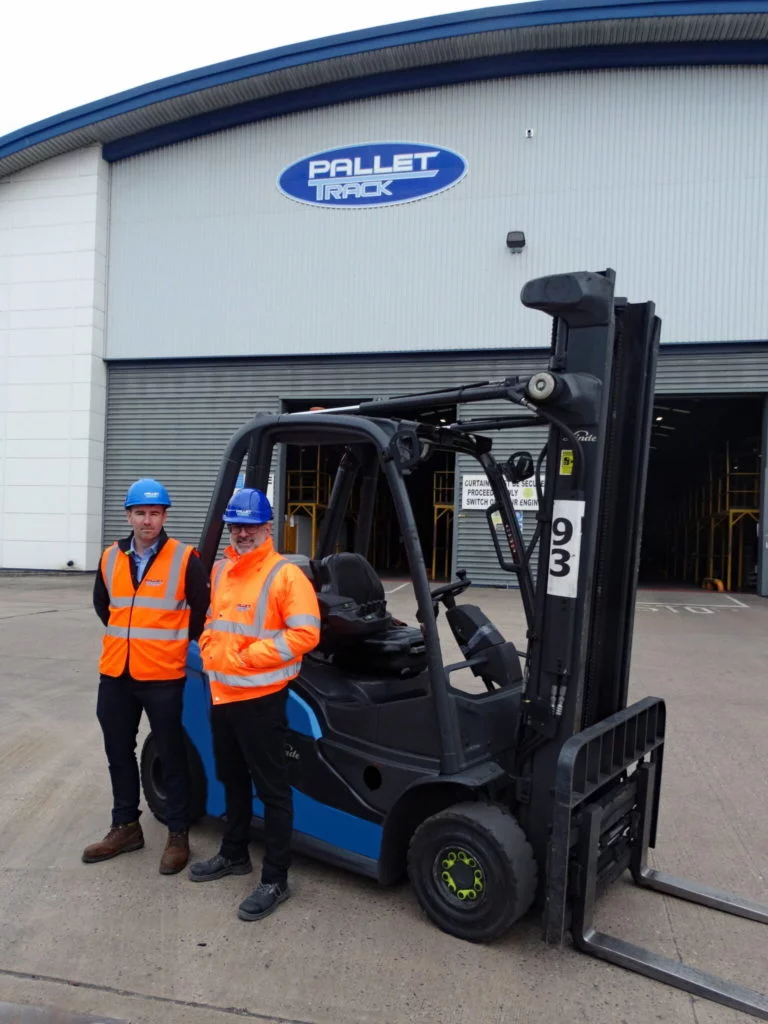P3 Logistic Parks announces its expansion into the United Kingdom through the acquisition of two logistics assets from Segro, totalling 81,000 sqm of space in well-established locations. One asset is located in Crick and comprises around 36,000 sqm lettable area. The second asset with more than 45,000 sqm is located in Kettering.
Frank Pörschke, CEO of P3 Logistic Parks, commented: “The acquisition of these two logistics assets in the UK marks a significant milestone for P3, as it expands our operations into a key market known for its robust logistics industry. The country has always been a vital hub for international trade and commerce, and we are excited to offer our expertise and resources to meet the evolving needs of businesses operating in this region.”
The newly acquired logistics assets are strategically located within the “Golden Triangle” area and provide seamless connectivity to major transportation networks and key industrial centers in the UK. All units were developed from 2010 onwards to a modern Grade A institutional specification including BREEAM rating ‘Very Good’ and are fully leased out to three tenants.
P3 is partnering with Roebuck, an institutional Pan-European investment manager specializing in the European logistics sector. Roebuck is assisting P3’s entry into the UK using their extensive track record and occupier-led experience and will manage both assets in the initial stage of P3’s expansion into the UK.
Otis Spencer, CIO of P3 Logistic Parks, stated: “P3’s entry into the UK market reflects our long-term vision and strategic growth plans. We have carefully selected these logistics assets as they align with our commitment to delivering excellent service quality, operational efficiency, and sustainability to our customers.”
David Proctor, Managing Director of Group Investment at SEGRO, commented: “This disposal has enabled us to divest a number of relatively small holdings, all of which were ear-marked for disposal in the near to medium-term, allowing us to recycle capital into our successful development programme. It also demonstrates the continuing investment appeal of high-quality logistics assets after the significant valuation correction that occurred over the last year.”
The terms of the transaction have not been disclosed. P3 was advised by Colliers on the transaction. DTRE and ACRE acted on behalf of SEGRO.
Ed Plumley, Director, EMEA Capital Markets, Colliers said: “These acquisitions are the good news the market needs. It is a clear demonstration that investor appetite remains for assets in core locations with long-term growth and ESG performance opportunities. Colliers were delighted to bring this off-market opportunity to P3 and provide focused advice as they expanded into a new jurisdiction.”














